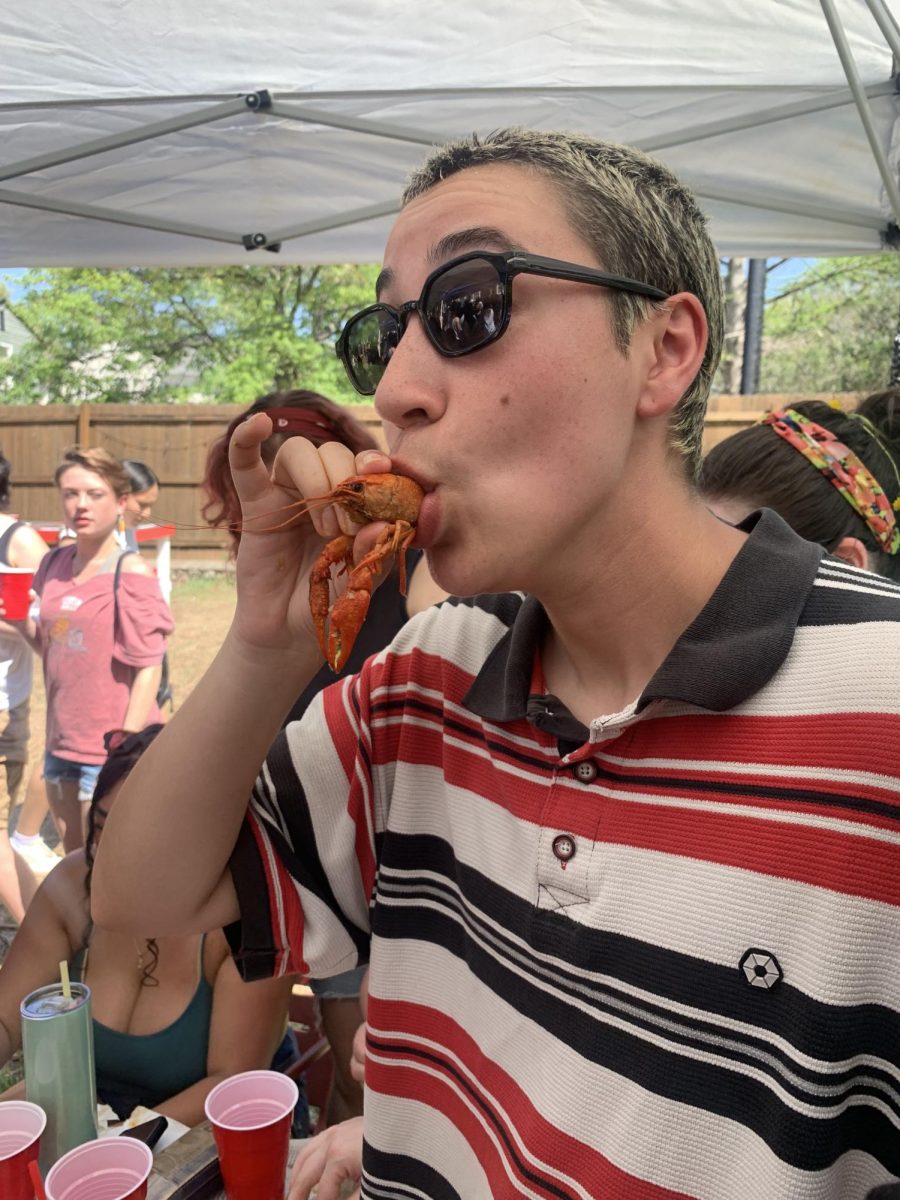
The Alcohol Coalition Committee met on Friday, April 12, to discuss the possible changes to next year’s alcohol policy. David Tuttle, associate vice president for student affairs and dean of students, led the discussion with members of Residential Life, the Trinity University Police Department, Risk Management and Counseling Services.
The first thing they discussed was the current policy for buses. Private groups would not be able to bring buses on campus for private events. Concerns were raised about the safety of the buses and the students.
“Students were doing this more for profit and we felt like the clubs off campus were taking advantage of our students and possibly promoting underage drinking, which isn’t in sync with our philosophy,” Tuttle said.
Student organizations will be allowed to order buses to transport students to and from events, but there is a mandate requiring TUPD to be present when buses load and unload in order to ensure safety.
The definition of public intoxication was also expanded. People are now considered intoxicated if they have consumed alcohol and are disruptive and posing harm to themselves or others. Also, alcohol in public spaces, including balconies, is prohibited even if a student is of age.
After the revisions of the alcohol policy had been discussed, the launch of a new Yellow Cab program was proposed. According to Tuttle, Trinity has relied on a car voucher policy that has not been very successful. This August, there will be debit cards designated for Yellow Cab rides.
“Students don’t want to spend their discretionary money on cab rides. By having it already on a debit card that can only go to a cab ride, then hopefully people will get those in their wallets, and have it at their disposal,” Tuttle said.
Members of Chi Delta Tau agreed to market this for future student populations.
Richard Reams, associate director of Counseling Services discussed the sanctions and punishments with alcohol violations. Concerns were raised by the representative for ResLife over the consistency of the punishments.
Along with a warning, depending on the severity of the violation punishments, students could potentially receive a fine, educational course, parental notification and/or alcohol use consultation.
“As we go into the policy, I was finding that there are fewer major things to address and change in the policy,” Tuttle said.
“I think it helps to keep students safe but to still allow students who are 21 to drink,” said senior Jackie Brucer.
The Alcohol Coalition Committee was designed to allow students, faculty, staff and groups to voice their opinions about the alcohol policy on campus. Many changes have come from the alcohol coalition in the past, like ending wet and dry halls for those who can drink.
“The coalition developed the wording related to empty alcohol containers and lots of discussion on why that was necessary in terms of enforcement by staff. I think that we covered a lot of stuff in the past. That is why, this time around, there was just less that needed changing because of the work that previous coalitions have done,” Tuttle said.






